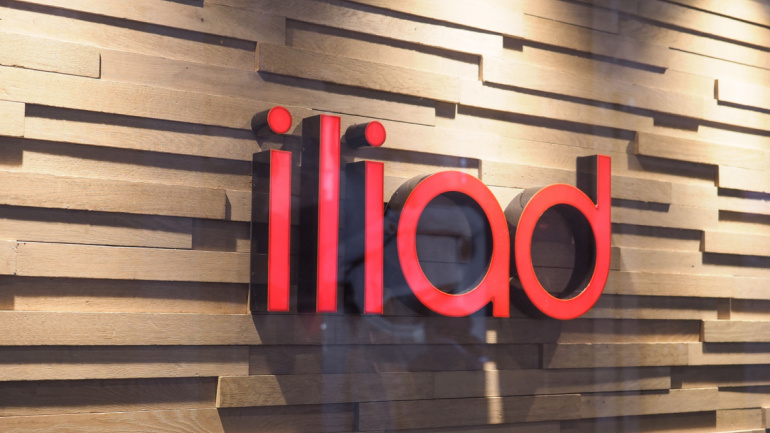In an exciting development for businesses seeking streamlined communication solutions, CallCabinet has officially integrated its cutting-edge recording and analytics solutions with Zoom Contact Center. This groundbreaking move effectively eliminates the need for multiple, independently managed recording and analytics systems.
Infovista is set to revolutionize telecoms with their Ativa™ Suite. Promising to reduce fixed voice blackouts and service disruptions, an impressive aspect of the tech is that it could potentially reduce solution times for CSPs by 66%. This major step towards automation could transform customer relations. While on the other side, milestones such as Ericsson and TDC NET launching Denmark’s first 5G Standalone network, Vodafone initiating the UK’s largest Open RAN rollout, and Vodacom and Eskom venturing into virtual power wheeling, signal a fast-paced evolution of global telecommunications.
IBM’s latest partnership with the UK government to create a national biometrics platform has sparked heated debate within the tech community. While the tech giant affirms its commitment against mass surveillance, fear persists about the system’s potential for misuse. Transparency and clear parameters for this new technology’s use are now of paramount importance.
In a record-breaking flurry of innovation submissions, the Connected Britain Awards are turning the spotlight on frontrunners shaping the UK’s digital frontier. The anticipation builds as the official shortlist for 2023 announces contenders across 15 award categories.
EdgeCore Digital Infrastructure has partnered with Zayo to enhance connectivity at its Santa Clara data center. Meanwhile, a US-led operation dismantled the Qakbot malware network, preventing further infections and seizing $8.6 million in cryptocurrency. Global roaming fraud is projected to cost $8 billion by 2028. KDDI and SpaceX plan to launch satellite-to-cellular services in Japan by 2024, bridging connectivity gaps in remote areas beyond 5G and 4G coverage.
Evolve IP, a rapidly expanding global collaboration solutions provider, has achieved the esteemed status of a gold partner with Snom, a leading IP telephony hardware manufacturer. This development marks a significant step forward for Evolve IP’s digital transformation capabilities, particularly across the EMEA region.
The France-based Iliad Group has carved a unique path in the European telecommunications landscape, touting its “Iliad way” as the driving force behind its outperformance in the three key markets of France, Italy, and Poland. Iliad reported impressive group organic revenue growth, with France contributing 7.7%, Italy 12.2%, and Poland 5.6% for the first half of 2023.
The Federal Communications Commission (FCC) has set its sights on reshaping the allocation of approximately $9 billion earmarked for rural 5G expansion. FCC Chairwoman Jessica Rosenworcel announced the move, emphasizing the need to bridge the digital divide across underserved areas of the United States.
In a recent announcement, Verizon is set to launch its latest cellphone plan, the Unlimited Ultimate, priced at $90 per month. This development follows the earlier introduction of Verizon’s myPlan lineup. The Unlimited Ultimate plan boasts an array of enhanced features, making it a compelling choice for consumers.
Zayo Group Holdings, Inc., a prominent global player in communication infrastructure, has unveiled its annual Distributed Denial of Service (DDoS) Insights Report, shedding light on the alarming rise of DDoS attacks and their profound impact across various sectors during the first half of 2023.













